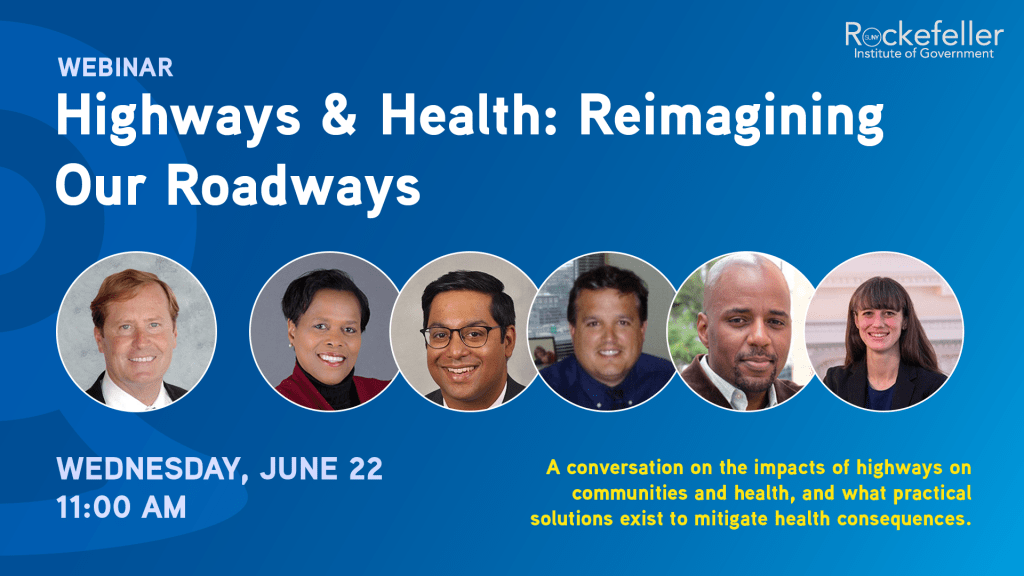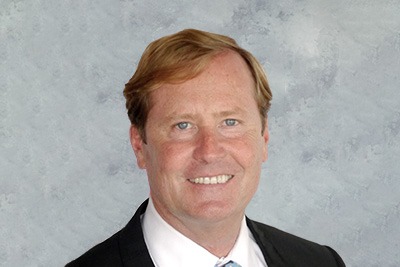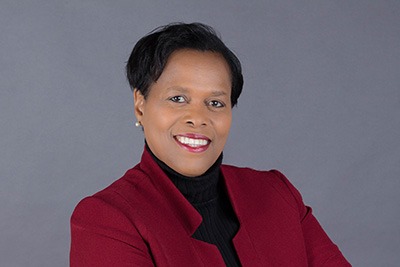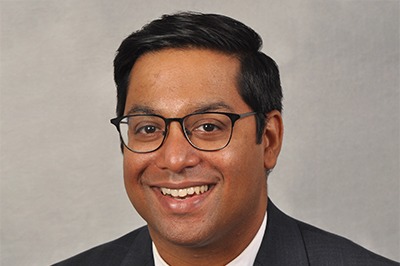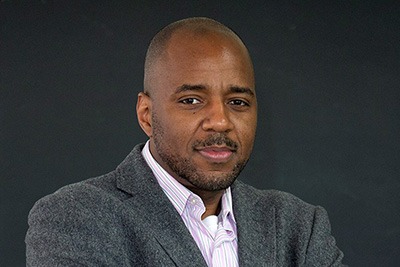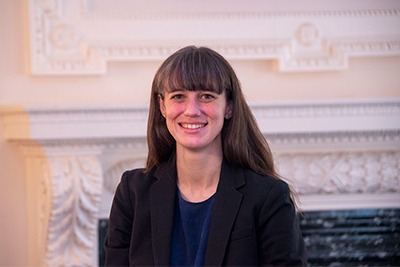Matthew Driscoll
Executive Director, New York State Thruway Authority
Matthew Driscoll currently serves as the executive director of the NYS Thruway Authority. As director, Driscoll oversees one of the longest toll systems in the United States, spanning 570 miles across New York State. He successfully led the system-wide conversion to all electronic tolling, modernizing the driving experience for Thruway customers. To enhance customer services and facilities, he led a successful negotiation in securing a public-private agreement to rebuild and replace 27 service plazas across the system; this project is currently underway.
Prior to joining the Thruway Authority, Driscoll served as commissioner of the New York State Department of Transportation, leading a department of 8,300 employees with an annual capital program of $3.7 billion. In 2016, he reorganized all 11 regional administrative offices across the state with an emphasis on accountability, project delivery, and communication with local governments. In 2017, he implemented a Critical Project Delivery Team in DOT’s main office focusing on acceleration of project delivery and cost accountability.
From 2010 to 2015, Driscoll served as president and chief executive officer of the New York State Environmental Facilities Corporation (EFC), which provides low-cost financing to local governments for wastewater and drinking water infrastructure. It is the largest and most successful revolving loan fund in the nation, managing more than $12 billion in assets. In 2013, Driscoll implemented a new business model at the EFC, creating an improved and more efficient use of financial resources designed to stimulate more projects across the state. EFC ended the 2014 fiscal year with more than $2.3 billion in financing and refunding to local governments—the largest single-year total in EFC’s history—and led the nation with the largest investment in wastewater infrastructure.
On September 12, 2013, Driscoll was appointed to the State Financial Restructuring Board for Local Governments. The Board delivers targeted restructuring strategies and long-term solutions to assist New York municipalities under fiscal stress.
From 2001 through 2009, Driscoll served as the 52nd mayor of the City of Syracuse. Elected to two terms, his action plan for energy conservation, sustainability initiatives, and environmental protection efforts earned Syracuse the title of “The Emerald City” and recognition by Popular Science Magazine as one of the nation’s greenest cities (ranked #17).
Mayor Driscoll also instituted a performance-based accountability program for city government—SyraStat—which saved millions of dollars for city taxpayers. In addition, he helped make the City of Syracuse the first city in the country to offer free college tuition to every student who graduates with a Regents diploma and led a successful comprehensive planning and development action plan for downtown and neighborhood housing development.

